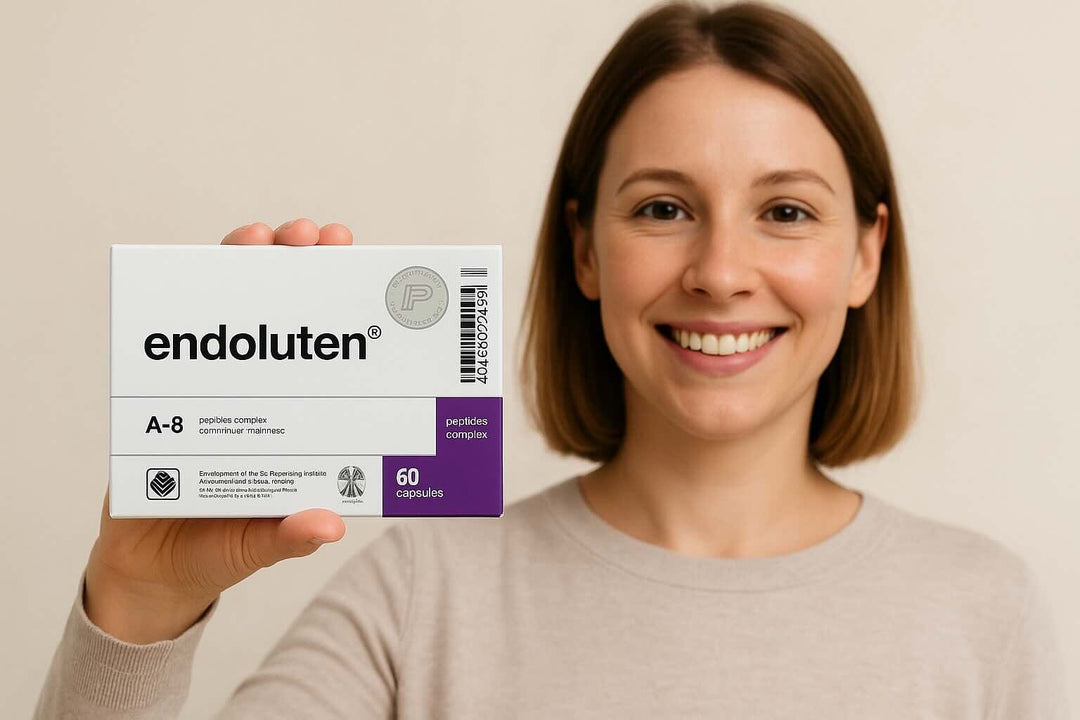PD is a long-term movement disorder. The brain cells that control movement start to die and cause changes in how you move, feel, and act. Even though PD may progress and have a severe impact on your daily life, it is not a life-threatening disease.
What causes PD?
The exact cause of PD is unknown. It may be caused by a problem with how your brain works. A chemical called dopamine helps your brain control your movement, thoughts, and feelings. PD causes brain cells that make dopamine to die, so they cannot make enough dopamine.
What increases my risk for PD?
- Age 60 years or older
- A family history of PD
- Exposure to chemicals, such as pesticides or herbicides
What are the signs and symptoms of PD?
Symptoms often increase and get worse over time. You may have any of the following:
- Tremors (shaking) that go away when you move or sleep
- Trouble moving or getting up from a seated position
- Trouble with small movements, such as buttoning clothing or eating
- Less blinking and facial emotion
- Joint stiffness and jerky movement
- Trouble keeping your balance when standing or changing positions
- Shuffling or hunched position while walking
- Trouble speaking and writing
How is PD diagnosed?
Your healthcare provider will ask about your signs and symptoms. He will ask about your medical history and if you have family members with PD. He will examine you and may move your arms or legs to test your muscles. He may check your balance and the way you walk.
How is PD treated?
There is no cure for PD. The goal of treatment is to help manage your symptoms. You may need any of the following:
- Anti-Parkinson medicines are used to improve movement problems, such as muscle stiffness, twitches, and restlessness. Your healthcare provider may use several types of this medicine to help manage your symptoms.
- Botulinum toxin may be given as an injection into your muscles to help them relax and be less stiff.
- Surgery may be used to place an electrical device inside your brain during surgery called deep brain stimulation. Deep brain stimulation may help to decrease symptoms, such as tremor and rigidity. Once the device is in your brain, you may turn the device on or off whenever you want.
What is Parkinson disease (PD)?
PD is a long-term movement disorder. The brain cells that control movement start to die and cause changes in how you move, feel, and act. Even though PD may progress and have a severe impact on your daily life, it is not a life-threatening disease.
What causes PD?
The exact cause of PD is unknown. It may be caused by a problem with how your brain works. A chemical called dopamine helps your brain control your movement, thoughts, and feelings. PD causes brain cells that make dopamine to die, so they cannot make enough dopamine.
What increases my risk for PD?
- Age 60 years or older
- A family history of PD
- Exposure to chemicals, such as pesticides or herbicides
What are the signs and symptoms of PD?
Symptoms often increase and get worse over time. You may have any of the following:
- Tremors (shaking) that go away when you move or sleep
- Trouble moving or getting up from a seated position
- Trouble with small movements, such as buttoning clothing or eating
- Less blinking and facial emotion
- Joint stiffness and jerky movement
- Trouble keeping your balance when standing or changing positions
- Shuffling or hunched position while walking
- Trouble speaking and writing
How is PD diagnosed?
Your healthcare provider will ask about your signs and symptoms. He will ask about your medical history and if you have family members with PD. He will examine you and may move your arms or legs to test your muscles. He may check your balance and the way you walk.
How is PD treated?
There is no cure for PD. The goal of treatment is to help manage your symptoms. You may need any of the following:
- Anti-Parkinson medicines are used to improve movement problems, such as muscle stiffness, twitches, and restlessness. Your healthcare provider may use several types of this medicine to help manage your symptoms.
- Botulinum toxin may be given as an injection into your muscles to help them relax and be less stiff.
- Surgery may be used to place an electrical device inside your brain during surgery called deep brain stimulation. Deep brain stimulation may help to decrease symptoms, such as tremor and rigidity. Once the device is in your brain, you may turn the device on or off whenever you want.
- Do not eat foods that are high in protein or dairy. They can cause problems with how some of your medicine works. Ask your healthcare provider how much protein and dairy is safe to eat. He may tell you to eat foods high in fiber to make it easier to have a bowel movement. Examples are cereals, beans, vegetables, and whole-grain breads. Ask if you need to be on a special diet.
- Do not drive unless your healthcare provider says it is okay.
- Exercise regularly. A physical therapist teaches you exercises to help improve movement and strength, and to decrease pain. This may help you control your body movements, and keep your balance.
- Go to occupational therapy. An occupational therapist teaches you skills to help with your daily activities. Your occupational therapist may help you choose equipment to help you at home and work. He can also suggest ways to keep your home and workplace safe.
- Go to speech therapy. A speech therapist may work with you to help you improve your ability to talk or swallow.
- Go to counseling. A mental health counselor can help you talk about your feeling about PD. Your family may attend meetings to learn new ways to take better care of both you and themselves.
Treatment Options Dietary SupplementationCoQ10 (coenzyme Q-10)
Print Share
CoQ10 (coenzyme Q-10)
Generic Name: ubiquinone (coenzyme Q-10) (ue BIK wi none)
Brand Name: Coenzyme Q10, CoQ10, elppa CoQ10, LiQsorb, Q-Sorb Co Q-10, QuinZyme
Medically reviewed by Drugs.com on Feb 24, 2020 – Written by Cerner Multum
OverviewSide EffectsDosageInteractionsReviewsQ & AMore
What is CoQ10?
CoQ10 is a vitamin-like substance that is made naturally in the body. This medicine is also known as Coenzima, Ubidcarenone, Ubidécarénone, and Ubiquinol.
CoQ10 is likely effective in alternative medicine as an aid in treating coenzyme Q-10 deficiency, or reducing the symptoms of mitochondrial disorders (conditions that affect energy-production in the cells of the body).
CoQ10 is also possibly effective in preventing migraine headaches, lowering blood pressure, preventing a second heart attack, or slowing the progression of early Parkinson's disease. This medicine is also possibly effective in improving symptoms in people with congestive heart failure, nerve problems caused by diabetes, Huntington's disease, muscular dystrophy, or macular degeneration (age-related vision loss).
CoQ10 has also been used to treat Alzheimer's disease, high cholesterol, or amyotrophic lateral sclerosis (Lou Gehrig's disease). However, research has shown that this medicine may not be effective in treating these conditions.
Research also has shown that CoQ10 is not likely to be effective in increasing athletic performance.
Other uses not proven with research have included treating asthma, COPD, cancer, diabetes, certain heart problems, fibromyalgia, hepatitis C, kidney problems, high blood pressure during pregnancy, muscle problems caused by taking "statin" cholesterol medicine, and other conditions.
CoQ10 is often sold as an herbal supplement. There are no regulated manufacturing standards in place for many herbal compounds and some marketed supplements have been found to be contaminated with toxic metals or other drugs. Herbal/health supplements should be purchased from a reliable source to minimize the risk of contamination.
Before taking this medicine
Ask a doctor, pharmacist, or other healthcare provider if it is safe for you to use this product if you have ever had:
high or low blood pressure;
if you are receiving chemotherapy; or
if you smoke.
CoQ10 is considered possibly safe to use during pregnancy. However, do not use this product without medical advice if you are pregnant.
It is not known whether ubiquinone passes into breast milk or if it could harm a nursing baby. Do not use this product without medical advice if you are breast-feeding a baby.
Do not give any herbal/health supplement to a child without a doctor's advice.





